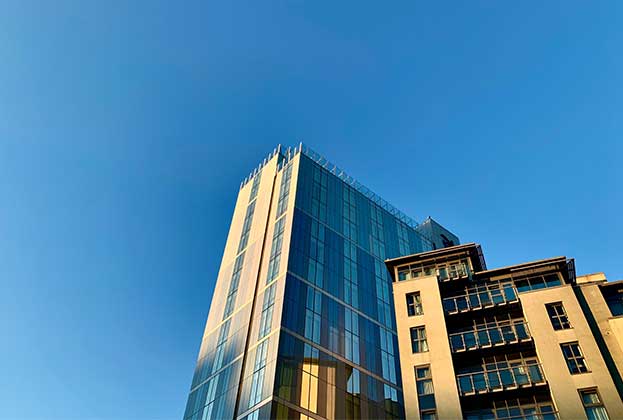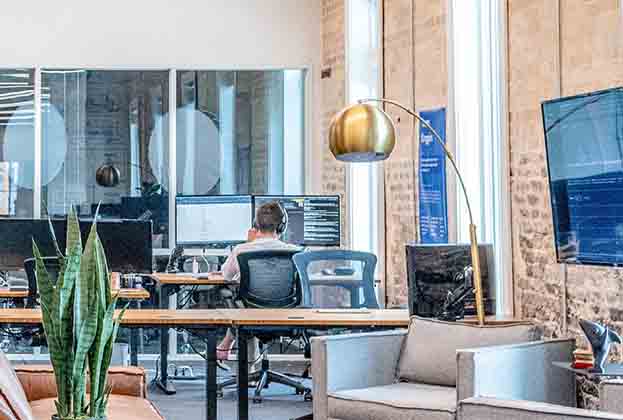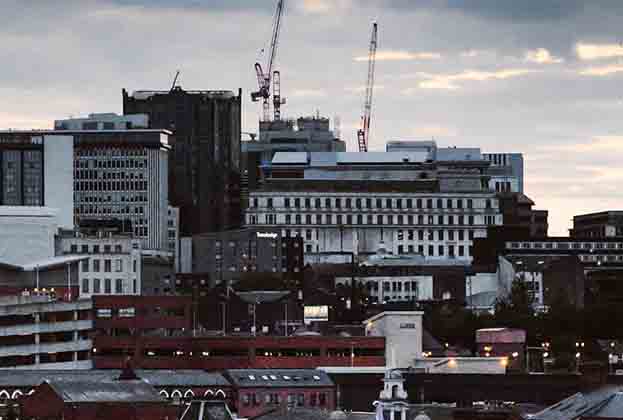The working world moved rapidly from business as usual to a mass exodus from offices to homeworking. How will this impact the future of offices?
No one knows what the new normal will look like, but what we can agree is that life will never be quite the same again. Covid-19 has been a fast acceleration into a future that many expected, but perhaps not at this speed.
The UK’s crash course in Zoom is already showing that not all businesses need to be able to provide workspaces for all their staff. With teams now more used to working virtually, the possibility of work becoming geographically more fluid is also becoming a fast reality. Covid-19 is teaching us that there is freedom for us to reimagine what work looks like, and where it is located.
As we start to enter a 'new normal', it is very likely that some office requirements will start to retract in size as companies realise that employees can work at home, for at least part of the time. Ultimately, occupiers will demand more flexibility. Some occupiers will require shorter leases, and maybe we’ll see core space on a more traditional lease whilst occupiers add extra floor space on more flexible arrangements. Nothing is certain yet; however, many employees are now tired of working full-time from home, at least in some capacity. Working in makeshift offices in cramped environments, possibly with children to home-school, has not made life easy for a huge proportion of the population.
The role the office plays in our lives is now more important than ever
Savills Research
With so many studies showing how engaged and productive the average remote worker is, it would be remiss of businesses and organisations to not allow employees to continue to work flexibly. However, when we’re forced to be apart from each other, physically isolated, it is clear that we need a balance between the virtual and physical worlds. There is no doubt that we crave the physicality of working together and that the virtual world cannot replace our need to be physically present with our colleagues.
Some businesses may be considering that they no longer need the space, but we would urge caution. Although we all like to put those 'light bulb' moments and meetings of minds down to serendipity, many forward-thinking companies are now working towards creating more intentional physical opportunities for social collisions by rethinking their office design.
The ability to spend part of the working week connecting with colleagues, clients and collaborators in a thoughtfully designed space and then enjoy the dynamic environment that a city offers, is likely to be a compelling reason to physically come to work – for part of the week at least.
Search for a commercial property
Read the articles within Spotlight: UK Regional Office Market Report below.
.jpg)



